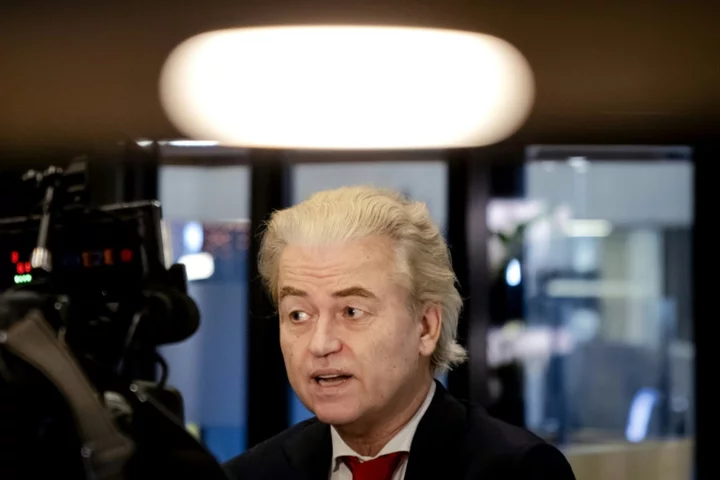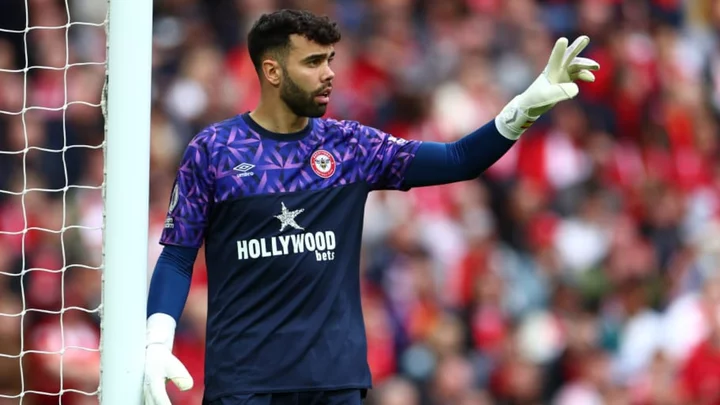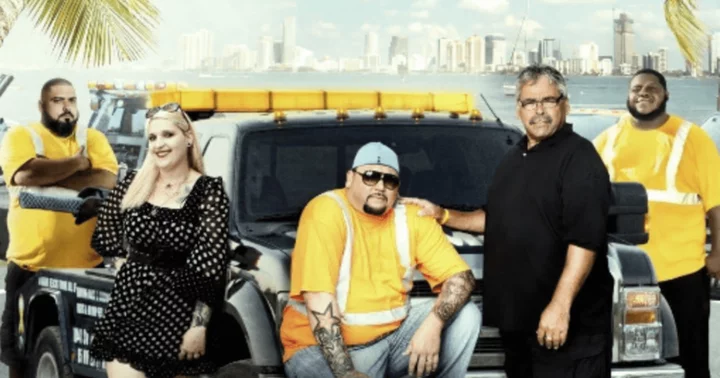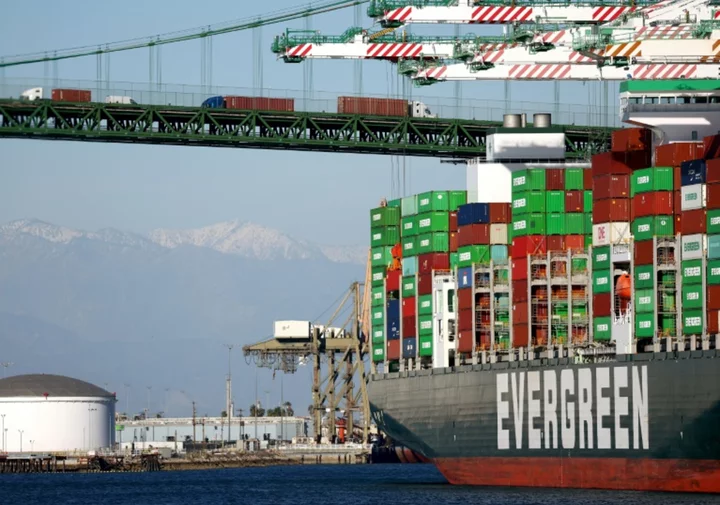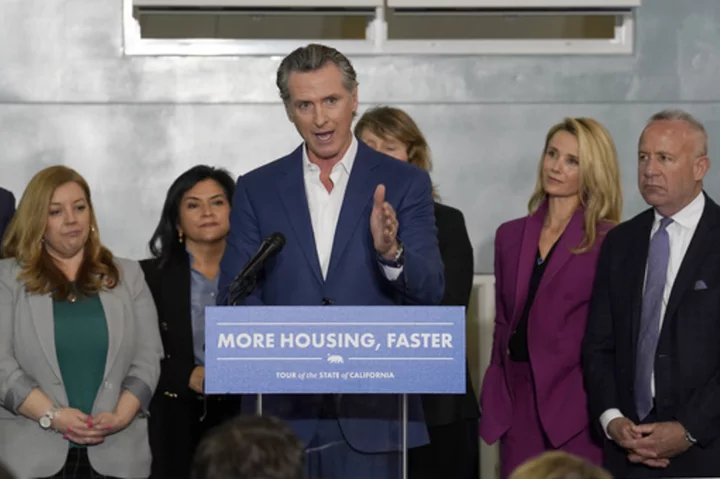Dutch far-right leader Geert Wilders's stunning election win may have sent shockwaves through Europe's political elite, but in one of the country's poorest districts, his populist message is hitting home.
In Oud Crooswijk, in the heart of the port city of Rotterdam, many residents say that after years of battling to make ends meet, they want to see the peroxide-haired, firebrand Wilders at the helm of the country.
Reminders of the district's working-class roots are everywhere. A former Heineken brewery building looms on its southwestern edge, while countless abattoirs and an old tram depot have made way for ageing four-storey social housing flats.
In this so-called "people's neighbourhood" of around 8,000 residents, many told AFP they cast a vote for Wilders and his far-right Freedom Party (PVV).
"I'm 80 percent for Wilders," Rashida, 47, told AFP as she left the local food bank on the neighbourhood's main Crooswijkseweg.
"Sure, there are things I disagree with, with what he says. But for the most part, I believe he can make a change in things like housing, looking after the elderly and scrapping the self-payment gap in health care," said the Moroccan-born woman.
"Things have got worse under the previous government, so why not give him a chance? Pim Fortuyn was once my neighbour and he was a decent guy," Rashida said.
The populist Fortuyn was gunned down in 2002 by an animal-rights activist and held similar anti-Islam, anti-immigrant and eurosceptic views as Wilders.
Like most people interviewed, Rashida declined to give her surname. She feared the stigma of others knowing she relies on the food bank.
In the current charged political atmosphere, other residents also asked not to be identified by their surname.
- 'Poorest postal code' -
Both a social worker and a food bank volunteer told AFP reporters that poverty remained endemic in the neighbourhood, wedged between the A20 highway to the north and Rotterdam city centre to the south.
Nearly one third of the neighbourhood's residents are of Moroccan descent, according to figures from the Central Statistics Bureau (CBS).
Others are from Turkey and Suriname as well as from various countries in Africa, while some 15 percent of migrants in the neighbourhood are from "Western" descent.
Oud Crooswijk's average annual salary for breadwinners is 24,700 euros ($27,100) -- far below the 34,000-euro average in the Netherlands and lower than most other neighbourhoods in Rotterdam.
In 2016, it had the dubious honour of being named the "poorest postal code" in the country, according to official figures from the Netherlands Institute for Social Research.
Not much has changed since then, residents say -- and Rotterdam households are some of the poorest in the country, the CBS reported earlier this month.
"We opened about five weeks ago here and you can see for yourself," said food bank worker "Diego", who declined to give his surname, pointing to customers browsing for basic essentials like milk, bread, eggs and fruit.
- 'Wait and see' -
Outside, some shopfronts are shuttered and several cafes and bars were closed down permanently on the neighbourhood's main street.
However, the Ali Baba meat, vegetable and general store was still doing a roaring trade, with customers buying goods imported from Turkey as well as halal lamb and chicken.
The store owner, who declined to give his name, said he couldn't vote because of his Turkish nationality, but has lived in the neighbourhood for decades.
"People want change, so they figure, why not give Wilders a chance?"
Wilders' PVV party "is a good party," said Kevin, 19, who also asked that his surname not be used.
"Others say it's not but that doesn't mean much to me. My mom says they want to work for the Netherlands and build more homes," the self-employed gardener told AFP.
"If he (Wilders) becomes prime minister, he could build more homes... we need one that's affordable," said Kevin, who lives in a nearby two-bedroom apartment with his mother and 16-year-old sister.
But others were more cautious.
"You're not from Crooswijk, so you won't understand the situation here," said Diny, 81.
"People here are happy (that the PVV won), but I say let's wait and see. The PVV still has to make good on their promises. Let's see what happens," she said.
jhe/ric/bc

